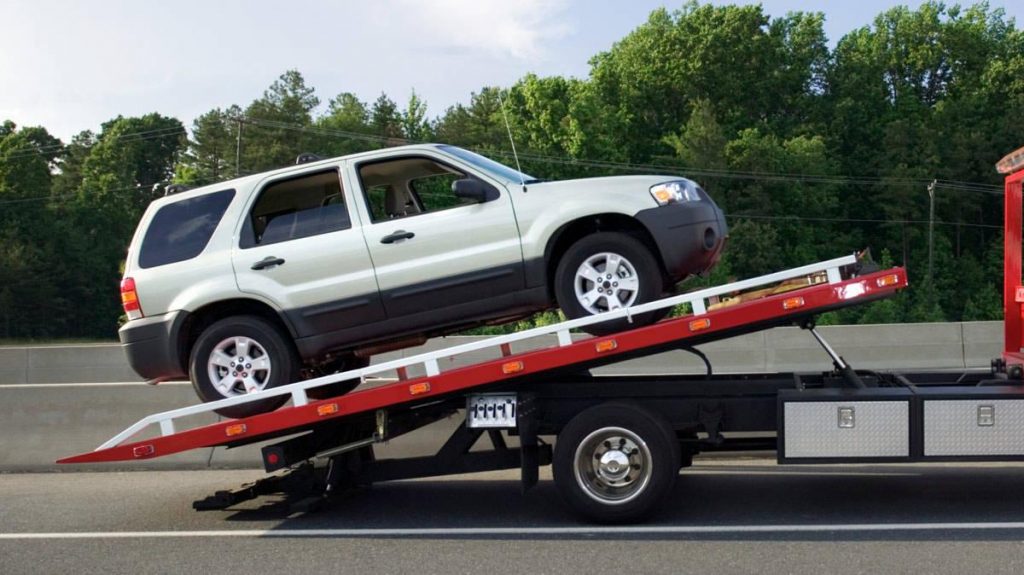“I was charged with DWI in North Carolina and my vehicle was seized. I am told it is going to be sold, is this true and how can I stop it?”
The short answer is: “It depends.”
If you or someone you know has had a vehicle seizure related to a Driving While Impaired charge, contact an attorney as soon as possible. Timing is critical and storage costs are rising daily.
According to North Carolina law, a driver charged with DWI may have their vehicle seized if they have a revoked license due to a prior DWI. Further, if they were not validly licensed or covered by the requisite liability insurance policy, their vehicle would also get seized. NC General Statute 20-28.3 requires police officers to seize motor vehicles where they have probable cause to believe the driver is guilty of an impaired driving offense. This can include DWI or Driving After Consuming <21.
Reasons for a Vehicle Seizure
- The driver’s license is already revoked for a prior impaired driving offense, OR
- The driver is not validly licensed and is not covered by a liability insurance policy.
Towing and Storage Fees for Vehicle Seizure
The law enforcement officer MUST seize the vehicle even if the driver is not the owner of the vehicle. After seizing the vehicle, the officer will arrange for the vehicle to get towed to a local towing storage facility. The three most used towing companies that have contracts with North Carolina are Eastway Wrecker, Tarheel Specialties, and Martin Edwards & Associates. The vehicle starts accruing daily storage fees as soon as it arrives at the storage facility. These fees are required to be paid by statute and cannot be waived by court order.
What Does Vehicle Forfeiture Mean?
When a vehicle is forfeited the State has the right to keep and/or sell it. Furthermore, the State may forfeit the vehicle before the resolution of the criminal case and without a court order. If the value of the vehicle is less than $1500.00, the state may also sell it after ninety (90) days from seizure. Otherwise, when the outstanding towing and storage costs exceed 85% of the vehicle’s fair market value, the State may sell it to recuperate. The proceeds from these sales (after towing and storage costs) go to local schools.
Innocent Owner Petition for Vehicle Seizure
What if you are the car owner but weren’t the driver when it was seized? You may be able to get your vehicle back through what is referred to as an Innocent Owner Petition. To classify as an innocent owner you must fall into one of the following 5 categories:
- You did not know and had no reason to know that the actual driver had a revoked license. Or, you did not know and had no reason to know that the driver did not have valid insurance and licensure.
- You knew that the actual driver had a revoked license. Or, you knew that the driver did not have the requisite liability insurance. But, you did not give the driver permission to drive the vehicle and filed a police report for unauthorized use.
- You reported the vehicle as stolen (the actual driver stole the vehicle from you and committed the offense).
- Your business rents vehicles and either:
- The driver was an authorized user but you had no actual knowledge of the driver’s license revocation.
Or, the driver was not listed as an authorized driver on the rental agreement. - Your business leases motor vehicles and you held legal title to the said vehicle. But, you did not know at the time of the lease that the driver had a revoked license.
In addition to proving that you were an innocent owner, you’ll need to submit form CR-330 to the clerk’s office. After filing the Innocent Owner Petition, the clerk will schedule a proceeding to review your petition.
If you were the owner and the person charged with the impaired driving offense, it is still possible to get the vehicle released (i.e. avoid forfeiture). You would need to provide proof that at the time of seizure, your license was not revoked for a previous impaired driving offense.
Timing Can Work Towards You
Another important consideration pertains to timing. N.C.G.S. 20-28.3(m) requires the district court to try cases involving DWI vehicle forfeitures on the arresting officer’s next court date or within 30 days of the offense, whichever comes first. This statutorily expedited trial procedure is atypical for most DWI cases. DWI cases can take months, and even years to resolve. Further, the statute provides narrow opportunities for continuances by the State. This is potentially beneficial for persons charged with this offense. Our DWI Team has disposed of DWI cases in this early stage because the State has failed to adhere to the statutory procedure.
Don’t Stress. Contact An Attorney Today.
Whether you’re an innocent owner or a suspected impaired driver-owner, the attorneys at Dummit Fradin can help. Our DWI attorneys have successfully defended both innocent owners and impaired drivers. Obtaining a seized vehicle release is a very intricate process but the Dummit Fradin Team is here to assist you. Contact us today for a free DWI consultation.

